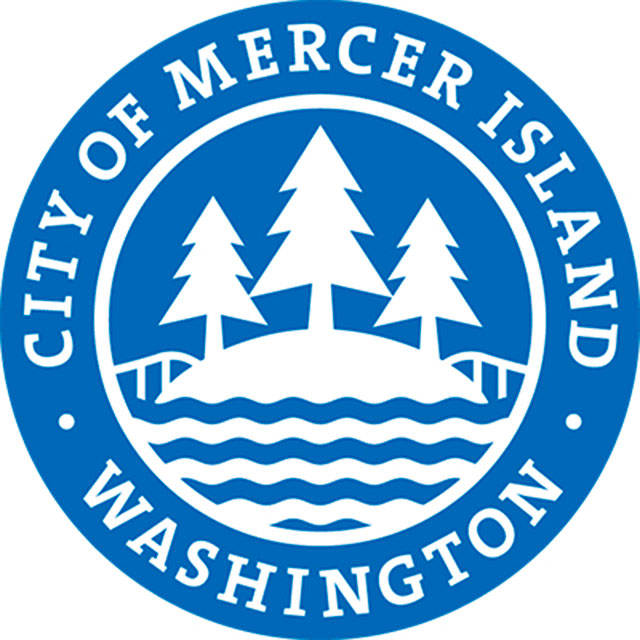On July 17, the Mercer Island City Council approved a public engagement process to share information about the city’s financial challenges with the community and to seek public input on how best to balance the budget.
A key component of the city’s engagement plan is to convene a Community Advisory Group appointed by the city manager to review the data, discuss the challenges and solutions and provide a recommendation, according to a statement from the city. CAG meetings will be widely advertised and open to all.
City Manager Julie Underwood is now recruiting volunteers to serve on the CAG and strives to appoint a broad-based, diverse group of citizens. Residents interested in serving are invited to review the meeting dates and submit an application, available at www.mercergov.org/files/FinancialChallengesStakeholderApplication.pdf. A video invitation from the city manager can be viewed at www.youtube.com/watch?v=2XXy3wcBUXo&feature=youtu.be.
“Our community enjoys an exceptional quality of life, such as outstanding schools, safe neighborhoods, and access to parks, trails and services, just to name a few. Please consider volunteering to help your city find solutions that will sustain our exceptional quality of life,” Underwood stated.
While the current 2017-2018 budget has been temporarily balanced using a one-time surplus, the city is projecting significant deficits starting in 2019. This includes the General Fund, which pays for a wide range of city services such as park maintenance, police and fire services and special events, as well as the Youth and Family Services Fund, which supports school counselors, emergency family assistance and employment assistance programs.
The city’s revenues from property taxes, which represent 40 percent of total city revenues, are capped by state law at a 1 percent annual growth rate. Over time, the 1 percent property tax limitation prevents the city from keeping pace with inflation of goods and services, which the city purchases to deliver services. Examples of goods and services include asphalt, plants and topsoil for park projects, salaries of city employees, medical benefits (for employees) and contract services.
Although Mercer Island has a lean staff compared to other full-service cities nearby, other costs have increased well beyond the 1 percent cap, and the city is struggling to maintain current service levels while addressing increasing demands. Mercer Island currently has the lowest property tax levy rate of any comparable regional city with 20,000 residents or more.
Read more about the history of this issue, including links to budget documents, at www.mercergov.org/FinancialChallenges.


